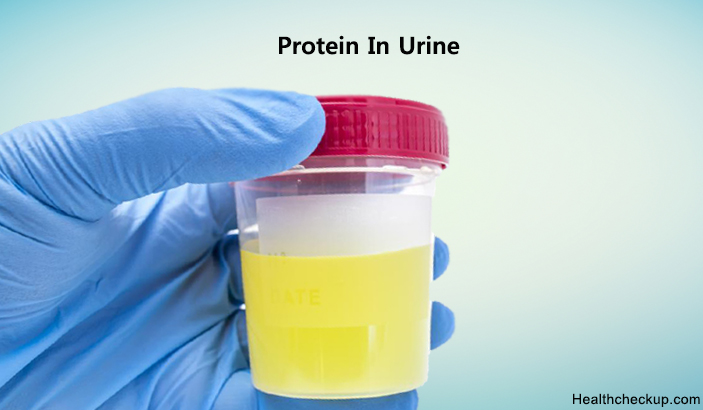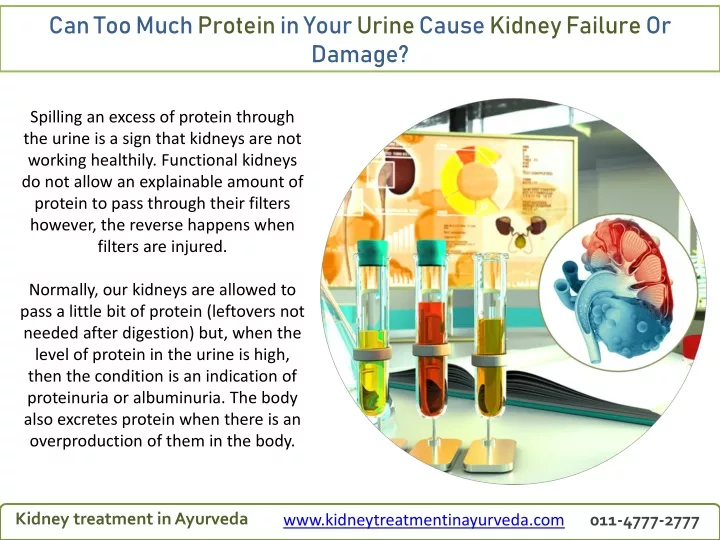can drinking cause protein in urine Protein in urine normal, low, high ranges
Protein in Urine: Normal, Low, High Ranges | Signs, Types of Proteinuria
Understanding Proteinuria
 Protein is an essential component of our body, playing a vital role in building and repairing tissues. However, when protein is found in urine, it may indicate an underlying health condition. This occurrence, known as proteinuria, can be a cause for concern, as it may signify potential kidney damage or other disorders.
Protein is an essential component of our body, playing a vital role in building and repairing tissues. However, when protein is found in urine, it may indicate an underlying health condition. This occurrence, known as proteinuria, can be a cause for concern, as it may signify potential kidney damage or other disorders.
Normal Levels of Protein in Urine
In healthy individuals, the kidneys filter waste products from the blood, including excess water and toxins, while retaining necessary proteins. Normally, urine contains very little protein, typically less than 150 milligrams per day. Protein levels in urine can be measured through urine tests. If the results show protein levels above the normal range, it may indicate an underlying health problem.
Causes of Protein in Urine
There are several factors that can contribute to the presence of protein in urine. Some of the common causes include:
- Dehydration: Insufficient fluid intake can lead to concentrated urine, which may contain higher protein levels.
- Infections: Certain infections, such as urinary tract infections, can cause temporary proteinuria.
- Hypertension: High blood pressure can damage the blood vessels in the kidneys, resulting in protein leakage into the urine.
- Diabetes: Chronic high blood sugar in individuals with diabetes can lead to kidney damage and proteinuria.
 Protein in Urine and Kidney Health
Protein in Urine and Kidney Health
Proteinuria should not be ignored, as it can be an early sign of kidney problems. Prolonged protein leakage into the urine can indicate kidney damage or dysfunction. It is important to identify the underlying cause of proteinuria in order to receive appropriate treatment.
If left untreated, proteinuria can eventually progress to kidney failure, where the kidneys are no longer able to effectively filter waste and maintain proper fluid balance in the body. Timely detection and management of proteinuria can help prevent further kidney damage and complications.
Treatment and Management
The treatment for proteinuria depends on the underlying cause. In some cases, lifestyle modifications such as increased fluid intake, adopting a healthy diet, and managing underlying conditions like diabetes or high blood pressure can help reduce protein levels in urine.
For more severe cases, medications such as ACE inhibitors or angiotensin receptor blockers may be prescribed to control blood pressure and reduce proteinuria. These medications can also help protect the kidneys from further damage.
Conclusion
If you notice any changes in your urine, such as foamy or discolored appearance, it is important to consult a healthcare professional. A simple urine test can help determine if protein is present and whether further investigation is necessary. Remember, early detection and management of proteinuria can play a crucial role in preserving kidney health and overall well-being.
If you are looking for What Menstruation Can Reveal About Protein in Your Urine? - All Fitness you’ve came to the right place. We have 5 Pics about What Menstruation Can Reveal About Protein in Your Urine? - All Fitness like PPT - Can Too Much Protein in Your Urine Cause Kidney Failure Or Damage, A New Blog: Too Much Protein in Urine and also How can I reduce protein in my urine?. Read more:
What Menstruation Can Reveal About Protein In Your Urine? - All Fitness
 allfitnessandbeauty.comHow Can I Reduce Protein In My Urine?
allfitnessandbeauty.comHow Can I Reduce Protein In My Urine?
 healthymakelife.blogspot.comurine protein reduce
healthymakelife.blogspot.comurine protein reduce
A New Blog: Too Much Protein In Urine
 anewbloghereforyou.blogspot.comProtein In Urine Normal, Low, High Ranges | Signs,Types Of Proteinuria
anewbloghereforyou.blogspot.comProtein In Urine Normal, Low, High Ranges | Signs,Types Of Proteinuria
 www.healthcheckup.comurine protein proteinuria treatment normal high types causes ayurveda range levels natural ranges called
www.healthcheckup.comurine protein proteinuria treatment normal high types causes ayurveda range levels natural ranges called
PPT - Can Too Much Protein In Your Urine Cause Kidney Failure Or Damage
 www.slideserve.comWhat menstruation can reveal about protein in your urine?. How can i reduce protein in my urine?. Urine protein reduce
www.slideserve.comWhat menstruation can reveal about protein in your urine?. How can i reduce protein in my urine?. Urine protein reduce